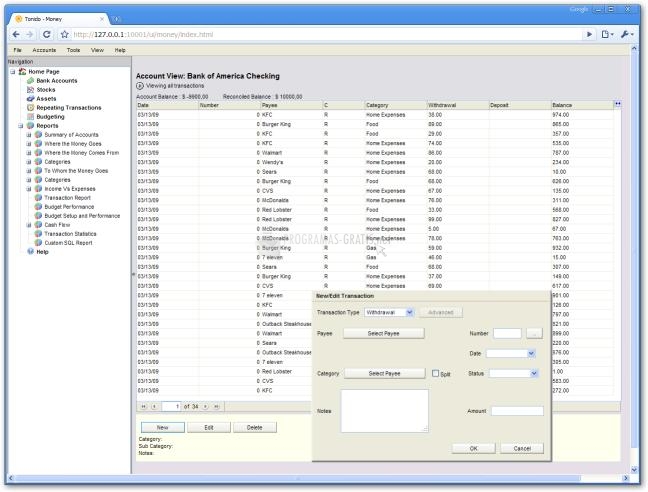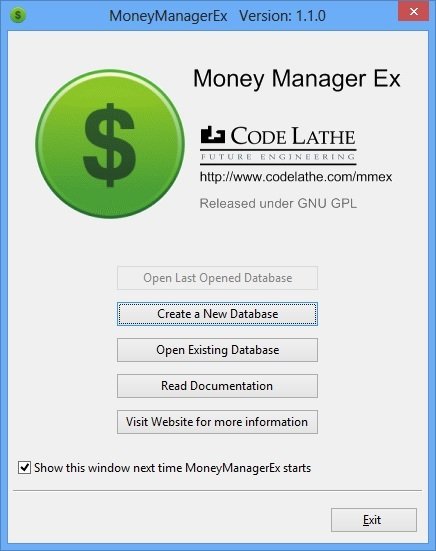

7.2.5 7.2.12īid Protest Mechanism – The process established to address complaints by Vendors that a Procurement was or is being conducted in a manner inconsistent with the obligations contained in any applicable Trade Agreement. 4.3.11 Bīanking instrument – As defined in the Financial Administration Act: means a cheque, draft, telegraphic or electronic transfer or other similar instrument. 7.2.4Īuthorized officer – A public officer of the Province who is an authorized signing officer for a ministry bank account. 8.3.2Īudit trail – A set of records that collectively provide documentary evidence of processing used to aid in tracing from original transactions forward to related records and reports, and/or backwards from records and reports to their component source transaction.

4.3.2Īttractive asset – A fixed asset considered a target for theft or readily convertible into cash. 1.2.1Īpproved request – This is one of the purchase instruments that has an Expense Authority approval associated with it. The appropriation will be provided in the Supply Act, the express provision of another Act, or by Special Warrant. 3.3 - Part IIIĪppropriation – Any authority granted by the Legislative Assembly to disburse money out of the Consolidated Revenue Fund. The report is to be tabled in the Legislative Assembly each year. In addition the document must contain a signed statement from the responsible minister to the effect that the minister is accountable for the actual results reported. The document must link directly back to the ministry's corresponding service plan.

18.3.5Īnnual Service Plan Report – A ministry report containing information normally found in a traditional annual report, with the additional requirement that a ministry's performance in meeting its service goals and targets is emphasized in the document. Administrative records also relate to common management processes, including committees, agreements, contracts, information services, legal opinions, and other similar functions. Administrative records support housekeeping functions such as the management of facilities, property, materiel, finances, personnel, and information systems. 3.4.3 - Part IIIĪdministrative Records Classification System (ARCS) – Records common to all offices and that are distinct from operational records (ORCS). 7.2.19Īccrual basis of accounting – Method of recording transactions by which revenues and expenditures are reflected in the accounts of the period in which they are considered to have been earned and incurred, whether or not all transactions have been finally settled by the recipient or payment of cash or its equivalent. 4.3.9Īccounts receivable ageing – Process of categorizing each account receivable by the number of days/months/years it has been outstanding. Accountable advance – Sum of money temporarily advanced.


 0 kommentar(er)
0 kommentar(er)
